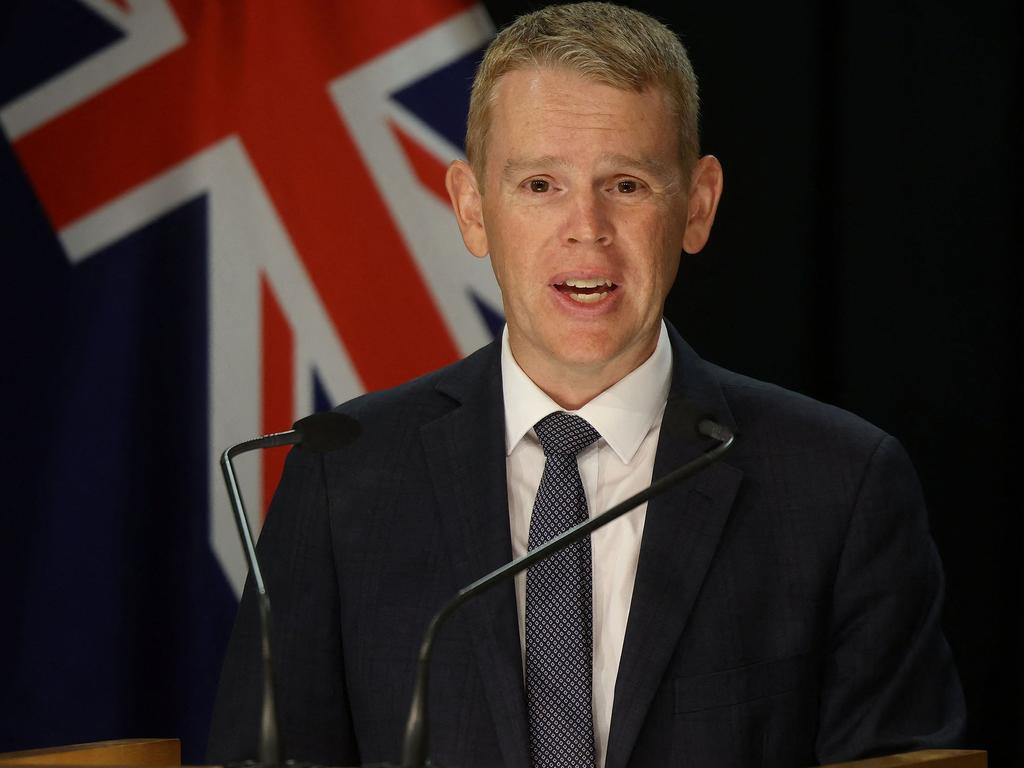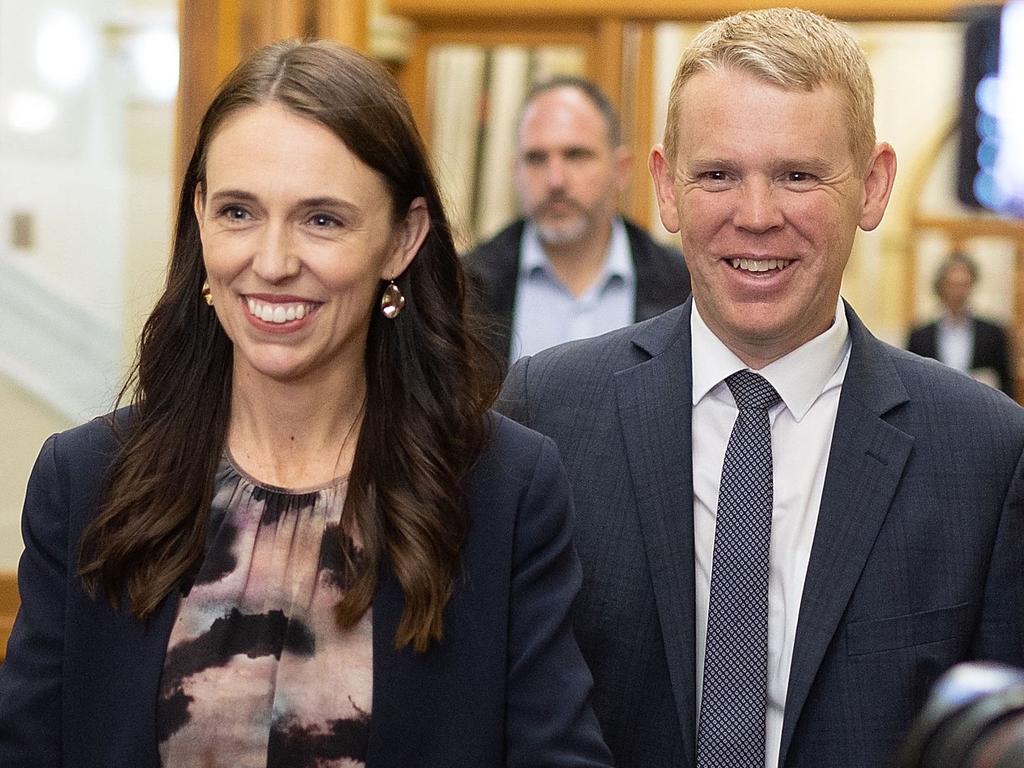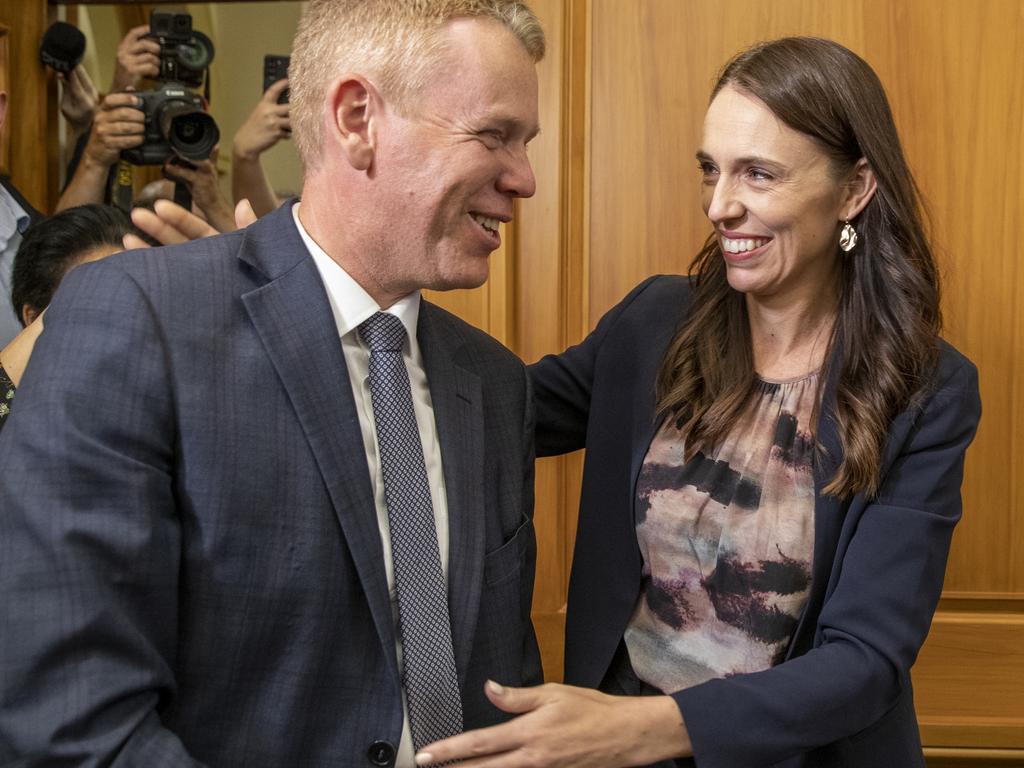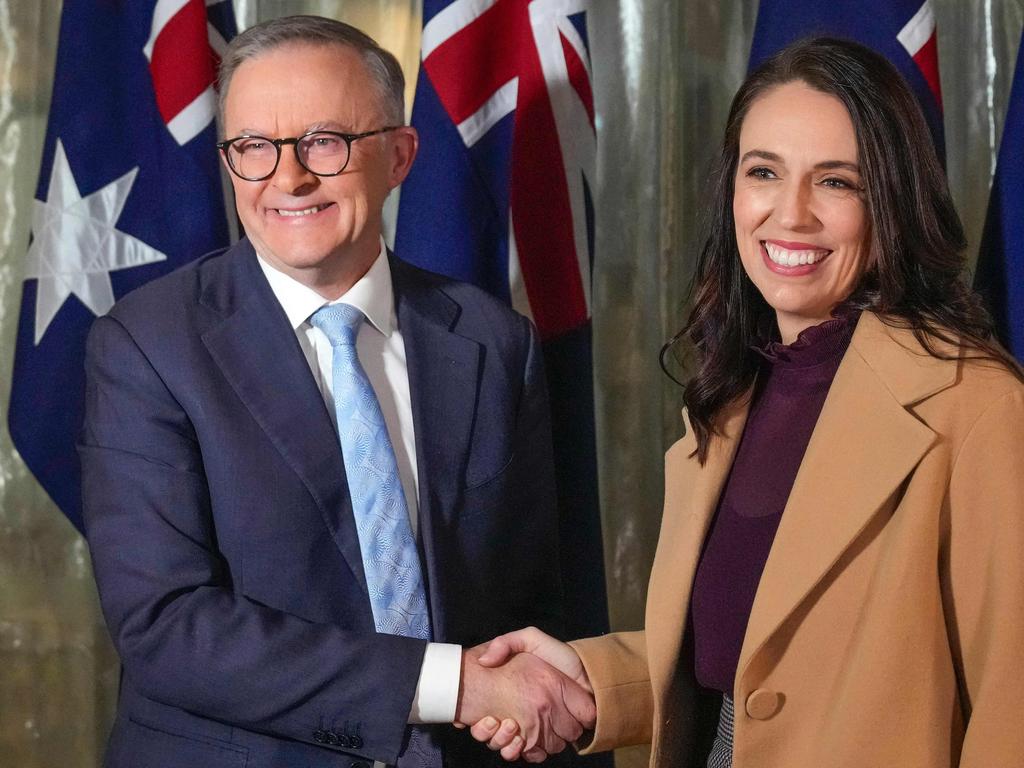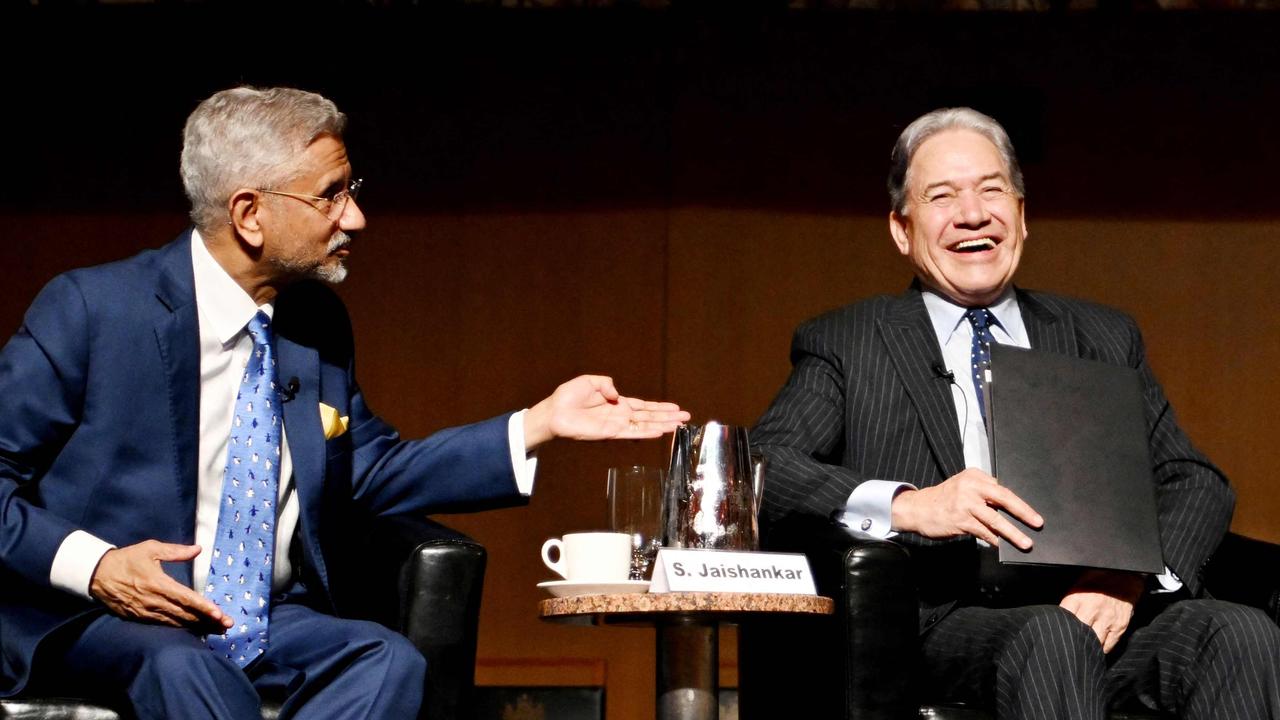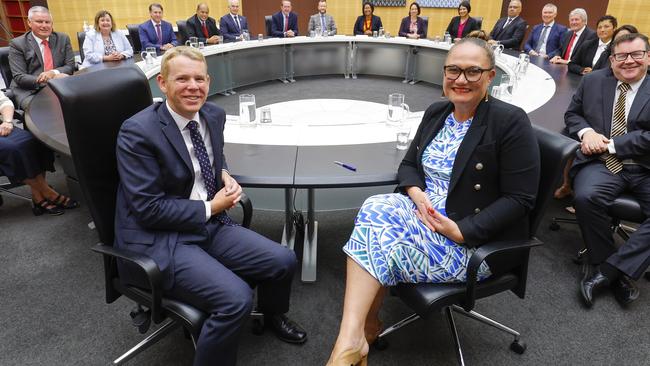
A new broom sweeps clean. For Chris Hipkins, New Zealand’s new Prime Minister, this saying could not be more apt.
The transition from Jacinda Ardern to Hipkins can be viewed in two ways. One that emphasises continuity with the Government in which Hipkins served for five years. Or one that sees Hipkins as heralding a change of direction.
As far as the New Zealand opposition is concerned, the facts are clear. To them, Hipkins is just another version of Ardern.
Indeed, Hipkins was one of the most senior ministers in Ardern’s cabinet. He served as minister of education, minister of police (for a period) and minister for the Covid response. Apart from Minister of Finance Grant Robertson, there is no-one else as closely linked to Ardern’s government as Hipkins.
The opposition’s eagerness to cast Hipkins as the reincarnation of Ardern is a sign of the political liability she had become. They would have loved to campaign against her. It would have required minimal effort and little policy work of their own.
Hipkins is too experienced a politician to fall into this trap. From public and internal polling, he would know that continuity is not an option. A large majority of New Zealanders have been saying for months that the country is heading in the wrong direction. Simply going ahead with Ardern’s agenda would be a sure path to losing this year’s election.
From Hipkins’ perspective, therefore, the choice is obvious: change or go down as one of the shortest-serving prime ministers in history.
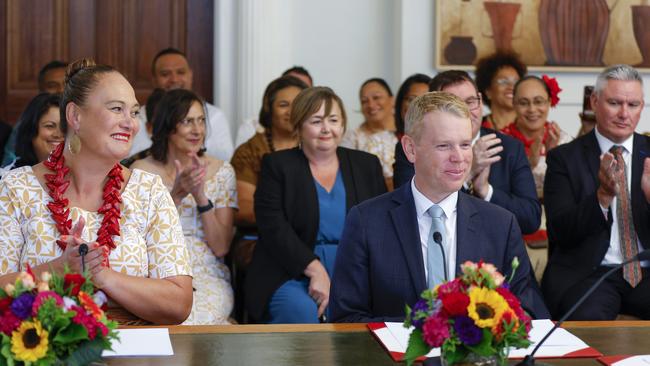
A telling incident from Hipkins’ tenure as education minister shows he knows how to respond to public opinion.
In 2018, the Council of Victoria University of Wellington wanted to rename the institution ‘University of Wellington – Te Herenga Waka’. Even though dropping the name of Queen Victoria might have fit into a ‘decolonisation’ narrative, the move was unpopular with students, alumni and academics who refer to the university simply as ‘Vic’.
Hipkins, a Vic graduate himself (majoring in politics and criminology), read the mood correctly and declined the University’s name change request. Further, he criticised the University Council for not engaging sufficiently with its stakeholders. “I’m not convinced that the recommendation is in line with accountability and national interest,” he explained as he ruled out the name change. That was the end of the matter.
Ardern’s retirement from domestic politics, the unpopularity of many of her policies, and a focus on winning a third term enable Hipkins to be ruthless in clearing the decks.
The public first saw Hipkins’ new approach in his cabinet reshuffle. Nanaia Mahuta, the controversial minister behind New Zealand’s water management reforms, was relieved of the local Government portfolio, relegated from the cabinet front bench and effectively told to start spending more time overseas in her remaining role as foreign minister. That is one way of dealing with a ministerial problem.
Hipkins’ reset gained steam when he dumped several policies at once in what the New Zealand media quickly labelled a ‘policy bonfire’. He chose some of the Government’s most ideological policies for this exercise – policies that were unpopular, costly and ineffective.
Thus, the long-planned merger of Radio New Zealand and TV New Zealand went out the window after five years of preparation. It had always been an ideological solution in search of a problem – beloved only by politicians with a desire to have more control over the media.

The biofuels mandate was killed, too. It was a typical piece of climate change virtue
signalling, but it was totally ineffective in tackling emissions due to New Zealand’s Emissions Trading Scheme.
The Social Unemployment Insurance scheme, too, was shelved. It would have been a $3.5 billion dollar millstone around the economy’s neck, without fulfilling a proper purpose.
And finally, the final remnants of the government’s hate speech proposals were thrown into the bin, too. Never mind that fighting hate speech was one of the previous Prime Minister’s central themes after the Christchurch terrorist attack.
The policy bonfire is likely to be Hipkins’ opening salvo. In the coming weeks, we might see more revisions of policies or their immediate abolition.
The result is a fundamental repositioning of Labour in New Zealand. Ardern’s hallmarks have been swept aside.
Instead, Hipkins seeks to connect with voters’ real concerns. Due to the Ardern government’s ineffectiveness in virtually every policy area over the past five years, there are many.
The largest opposition party, National, will be tempted to underline that last aspect. They will say that Hipkins is only fixing what his party has broken over its time in office. Perhaps that is so.
Whether voters will care is a different matter.
Alternatively, the public might reward a new Prime Minister who responds to public opinion and returns his Labour party to the political centre from which it had drifted under Ardern.
It has taken Hipkins less than a month to turn New Zealand politics upside down. He is not so much a new broom but a wrecking ball to the old Ardern government. He is the antithesis to the Prime Minister National’s leader Chris Luxon had hoped to face in the election campaign. The outcome of this year’s elections depends on the electorate’s view of the new leader – and the opposition’s response to him.
Dr Oliver Hartwich is the Executive Director of The New Zealand Initiative, (www.nzinitiative.org.nz).


